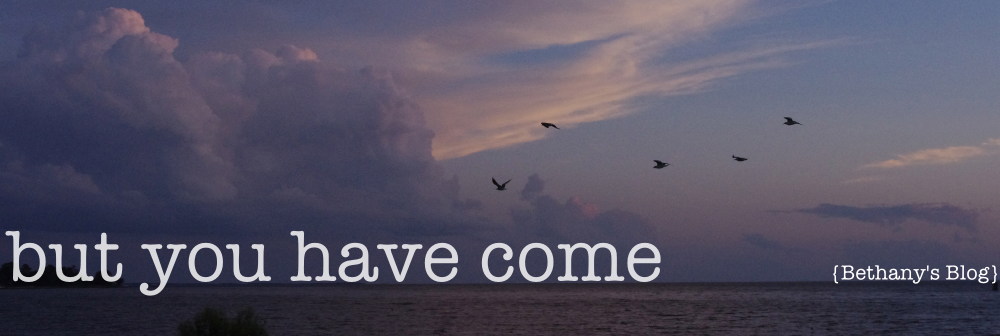His main point in chapter two focuses on the idea that the insane person is the one who is purely rational, and who "believes in himself". He argues against the popularly held belief that those who are confident in themselves and are able to think in a rational manner are the ones who will be successful. These are the people who will become madmen. He suggests instead that the healthy person is one who has an imagination, who is able to hold contradictions, and who can do things without them always having a direct purpose. For example, in contrasting the healthy person to the insane one, who must do everything with a cause, he says,
If any human acts may loosely be called causeless, they are the minor acts of a healthy man; whistling as he walks; slashing the grass with a stick; kicking his heals or rubbing his hands. It is the happy man who does the useless things; the sick man is not strong enough to be idle.He also speaks of the limits of reasoning, reminding us that "A man cannot think himself out of mental evil". In addition to understanding the world through reason, there must be a certain element of mystery, he argues.
At another point, he suggests what a paranoid person needs to hear:
How much larger your life would be if your self could become smaller in it; if you could really look at other men with common curiosity and pleasure...This week, with studies pressing in and with graduation, a celebration of academic achievement, ahead, it has been helpful for me to pause and consider these ideas. Perhaps it is not just the madman who must take care to expand his horizons beyond pure reasoning and beyond self.
*It will be clear that my material is drawn only from the beginning of the book, for that is as far as I have gotten this week. Any of you who have read this book probably wonder why it has taken me so long to get around to reading it ... I don't really have an excuse, but I would love to talk about the book when I get further along!
